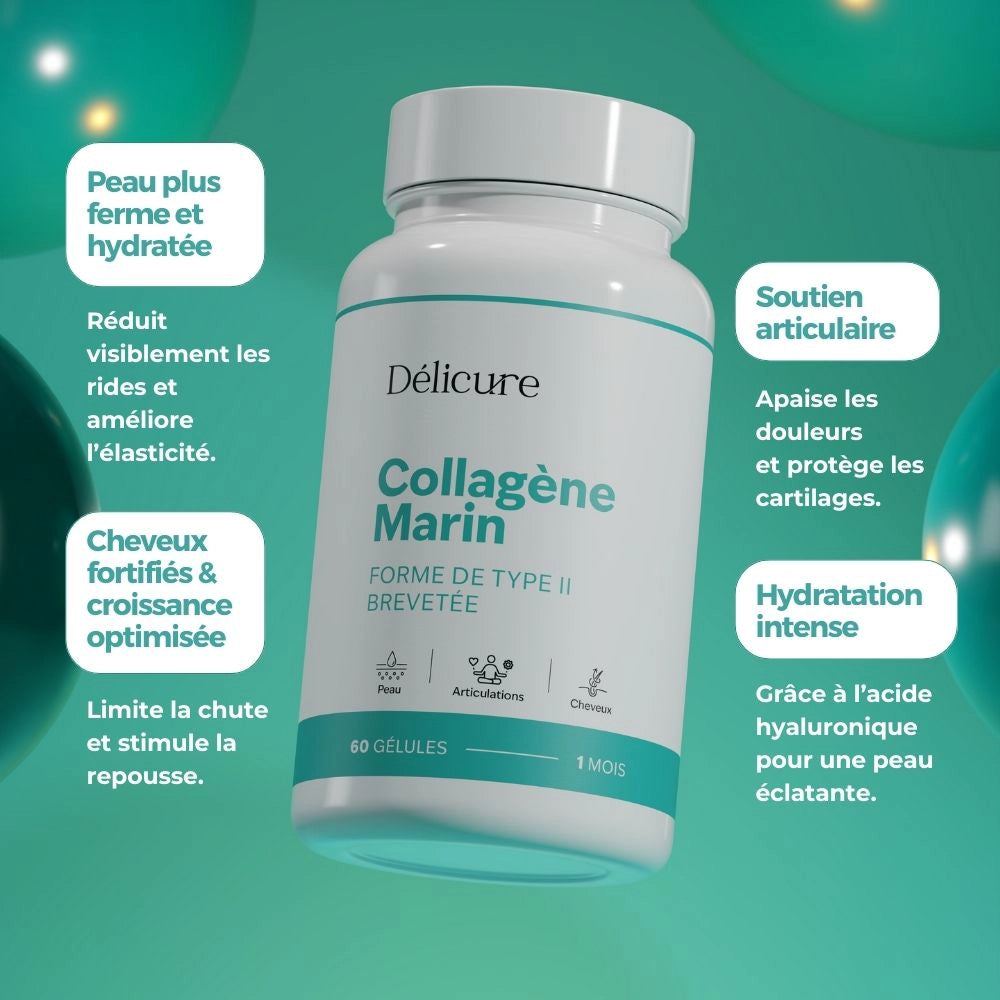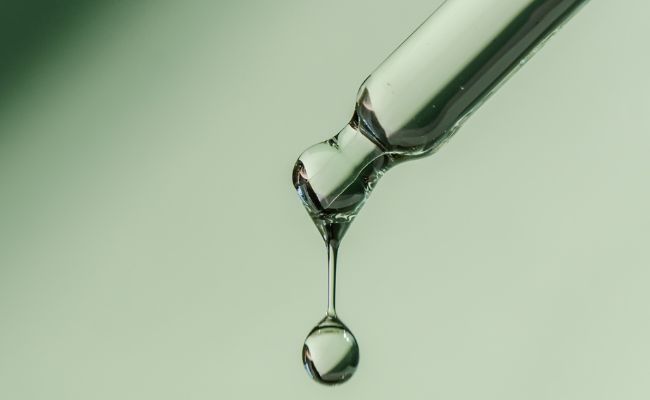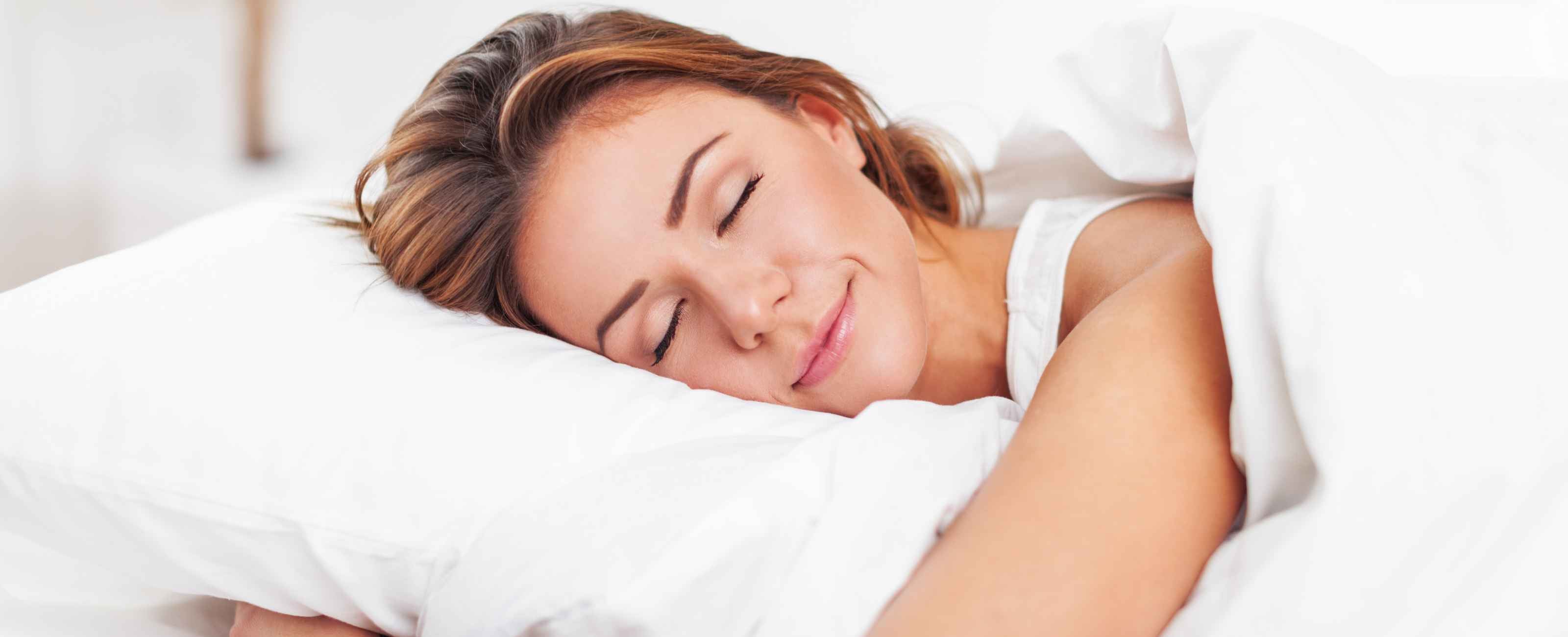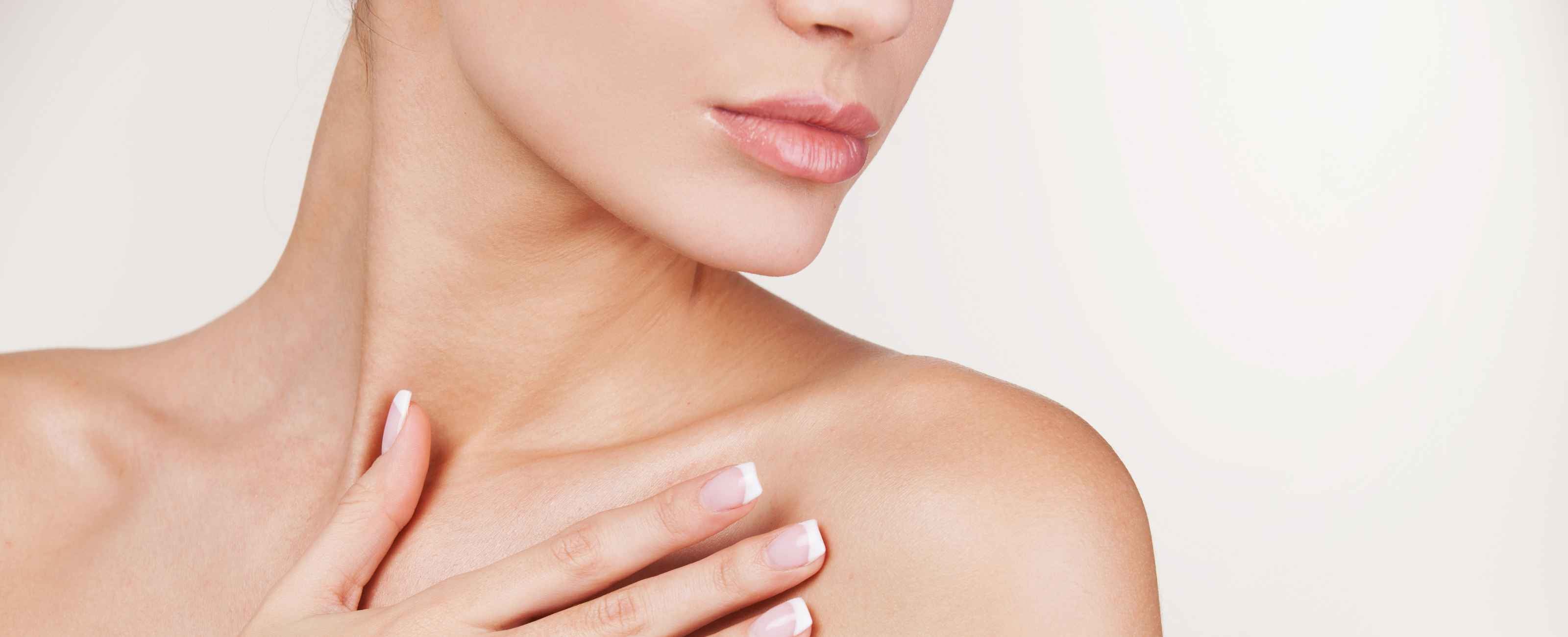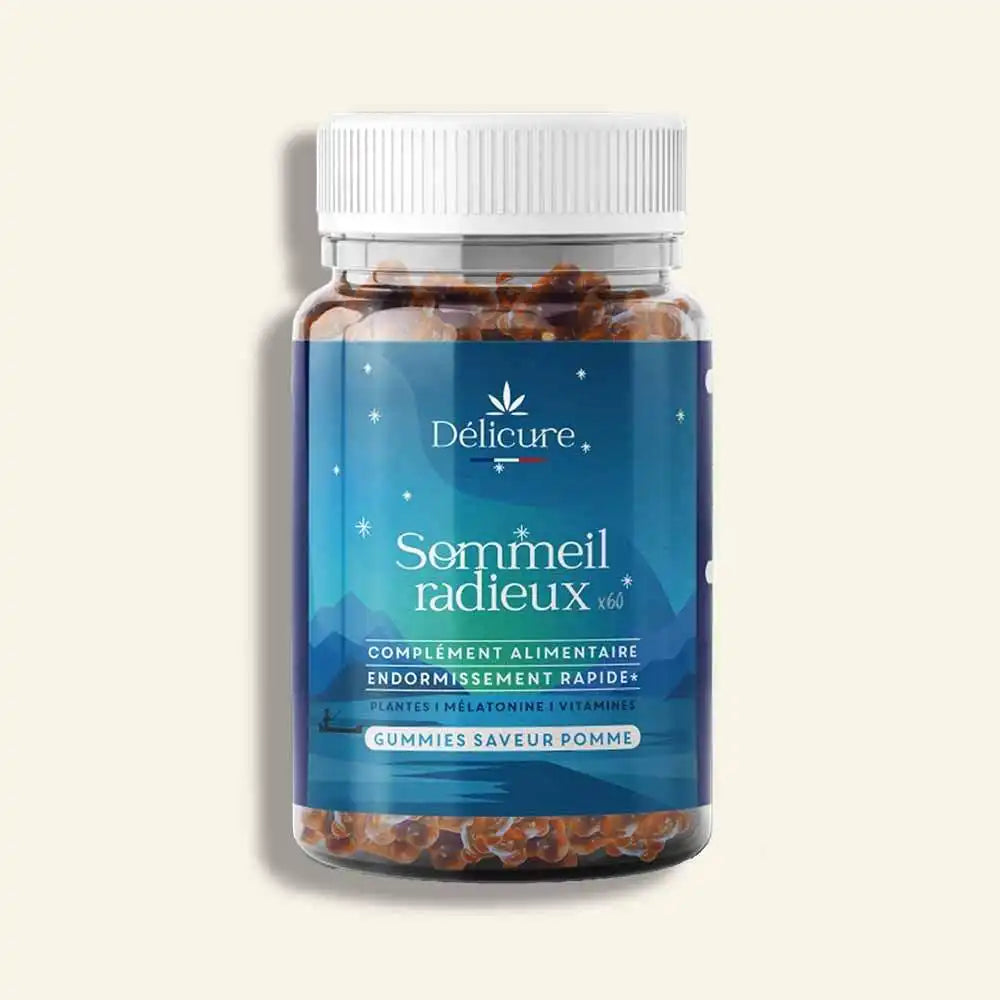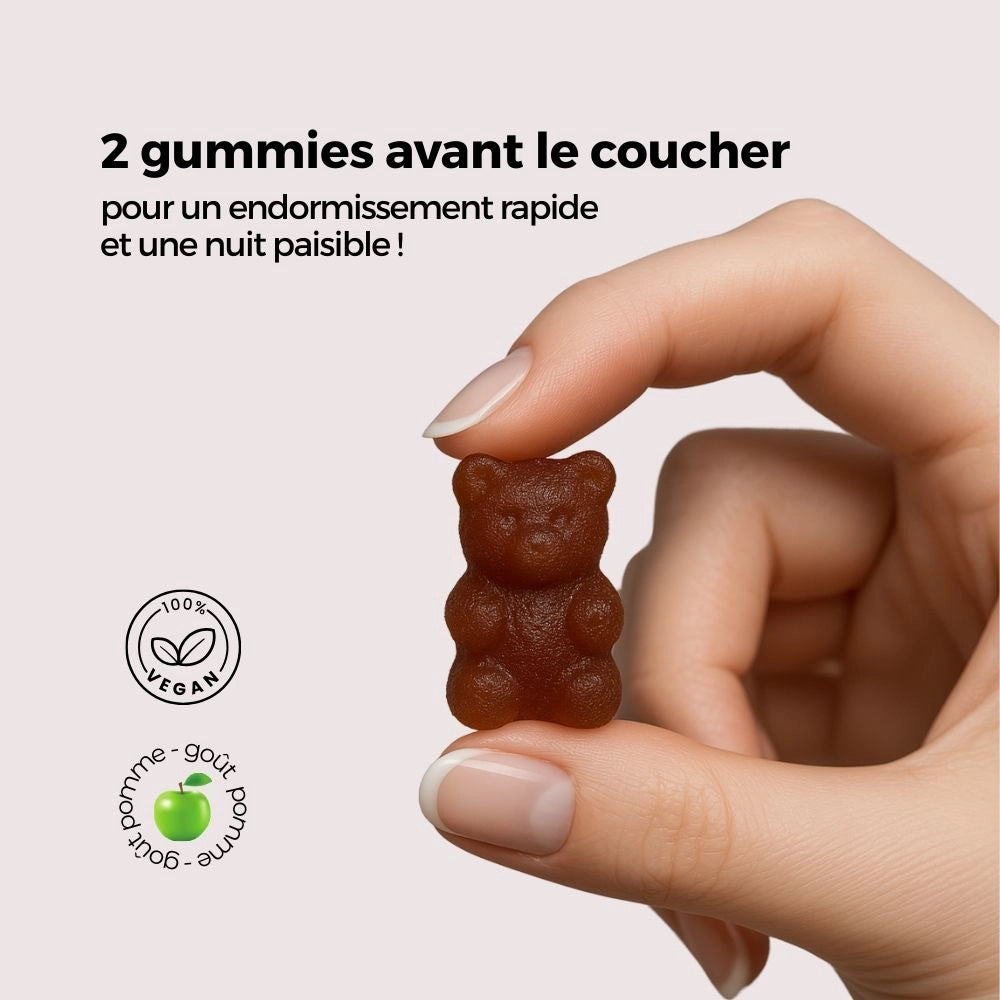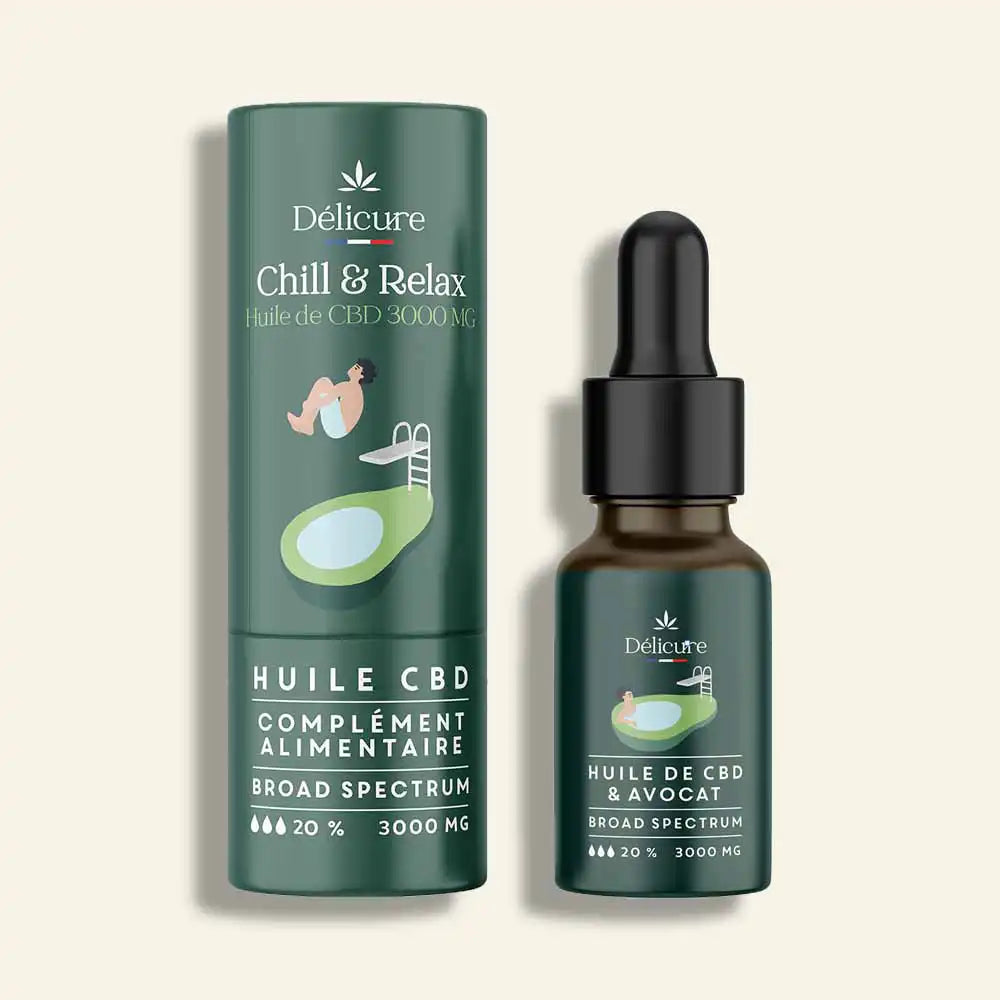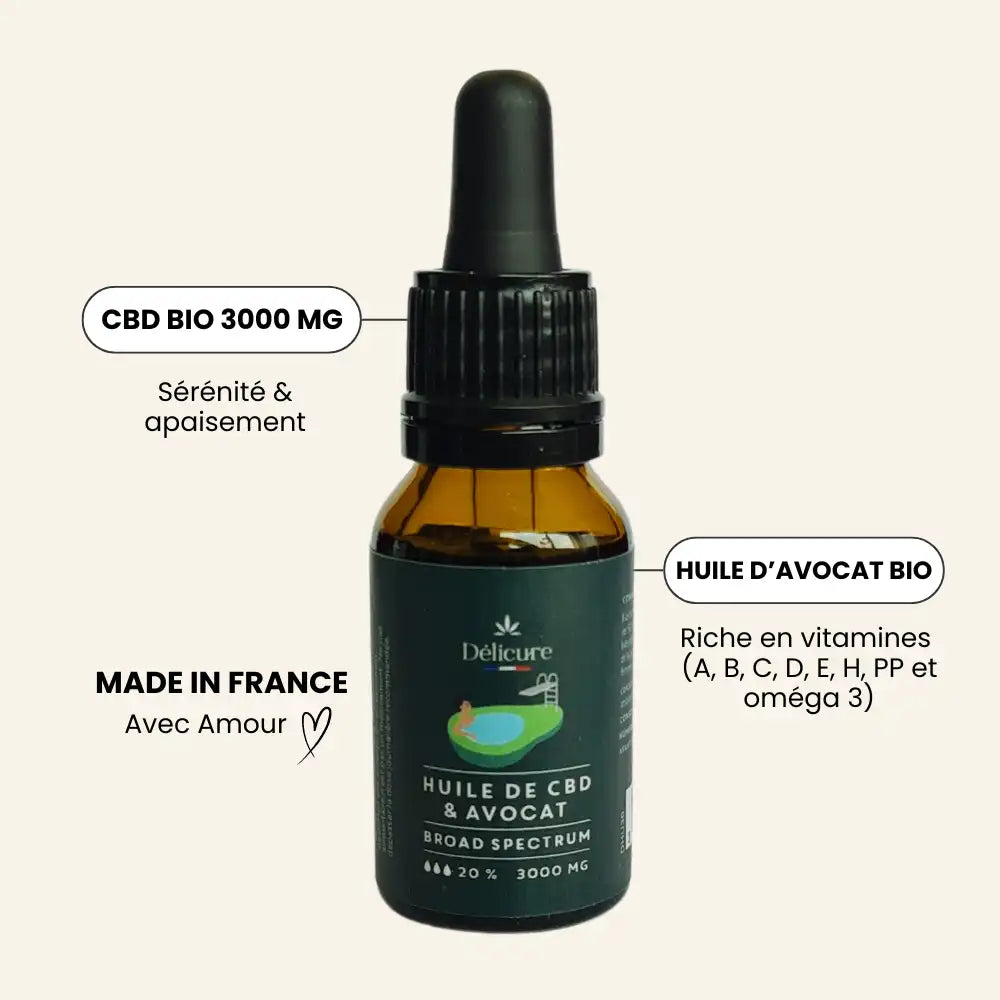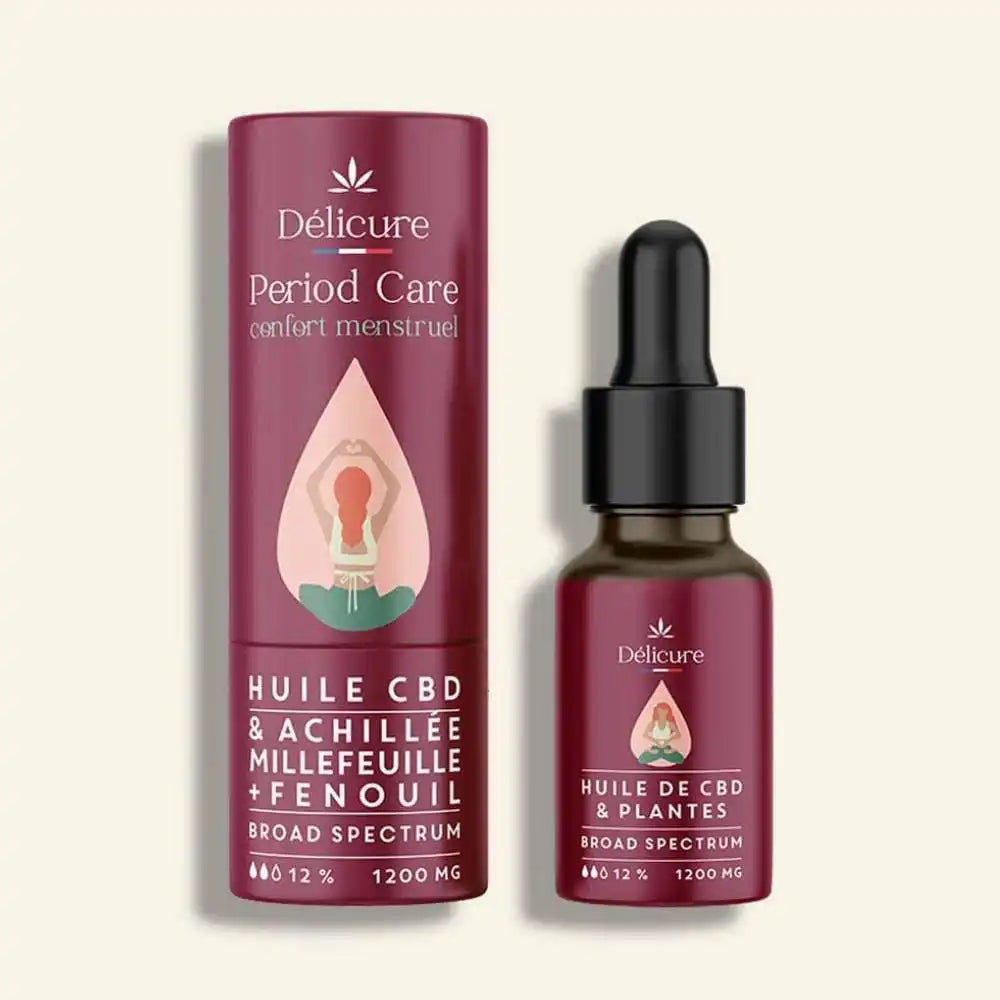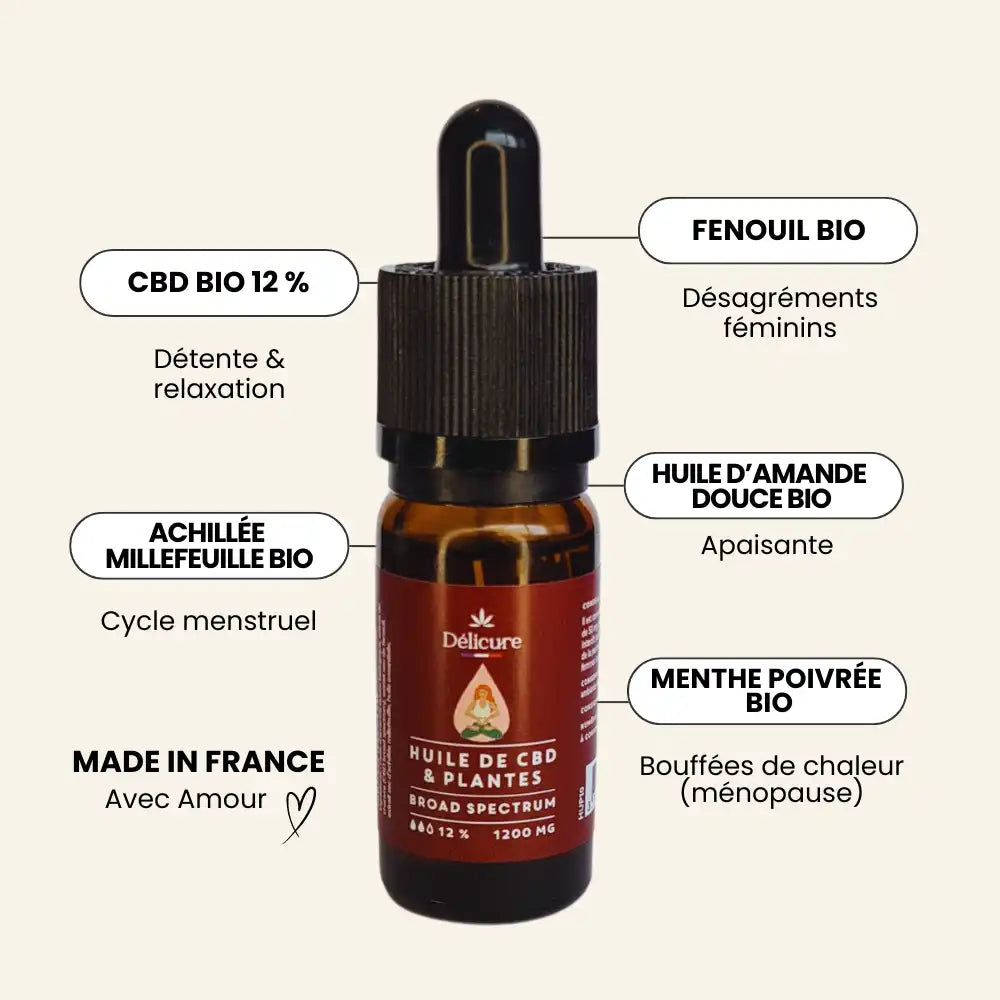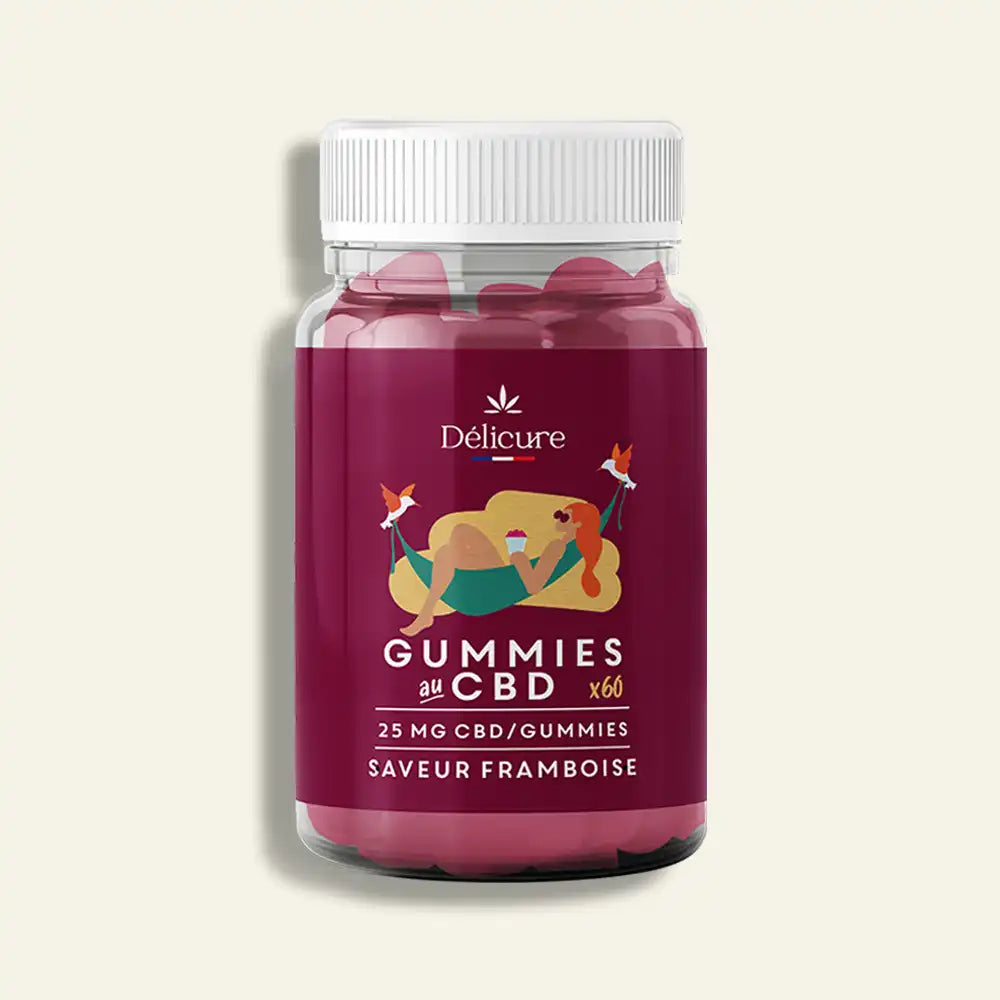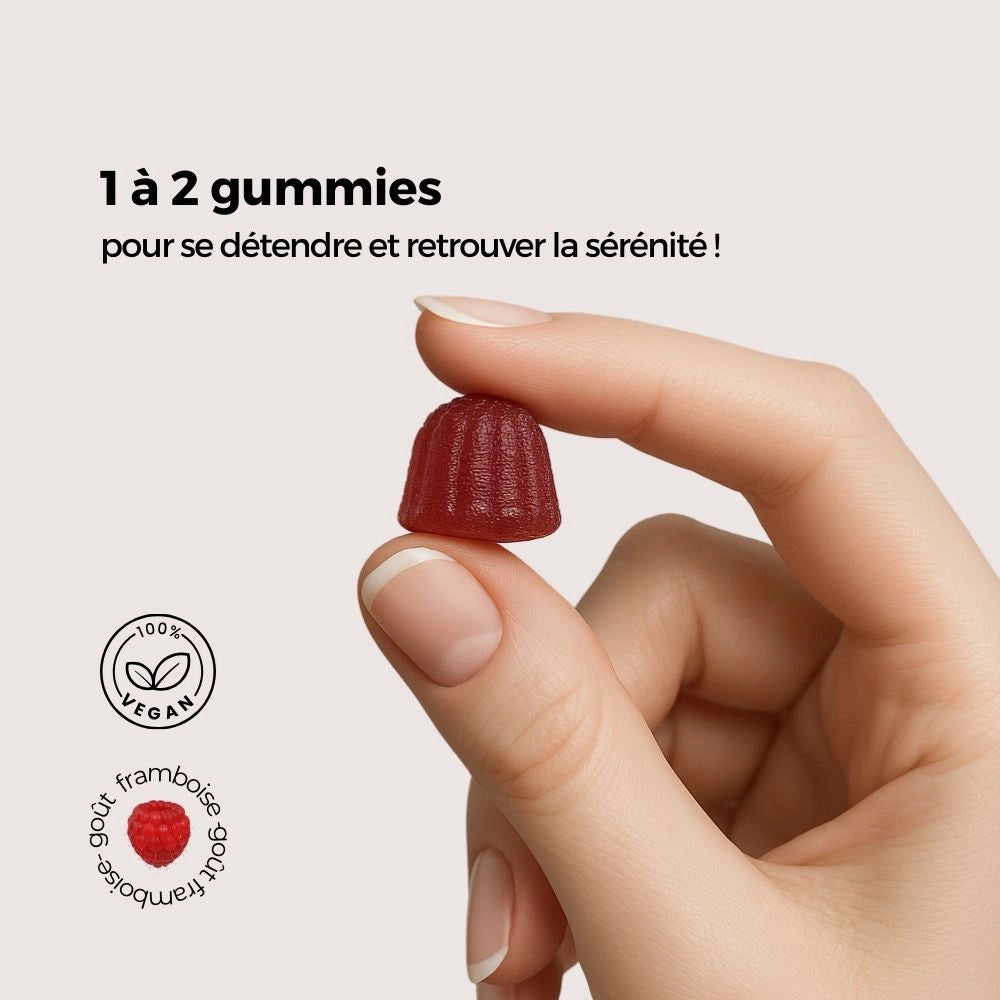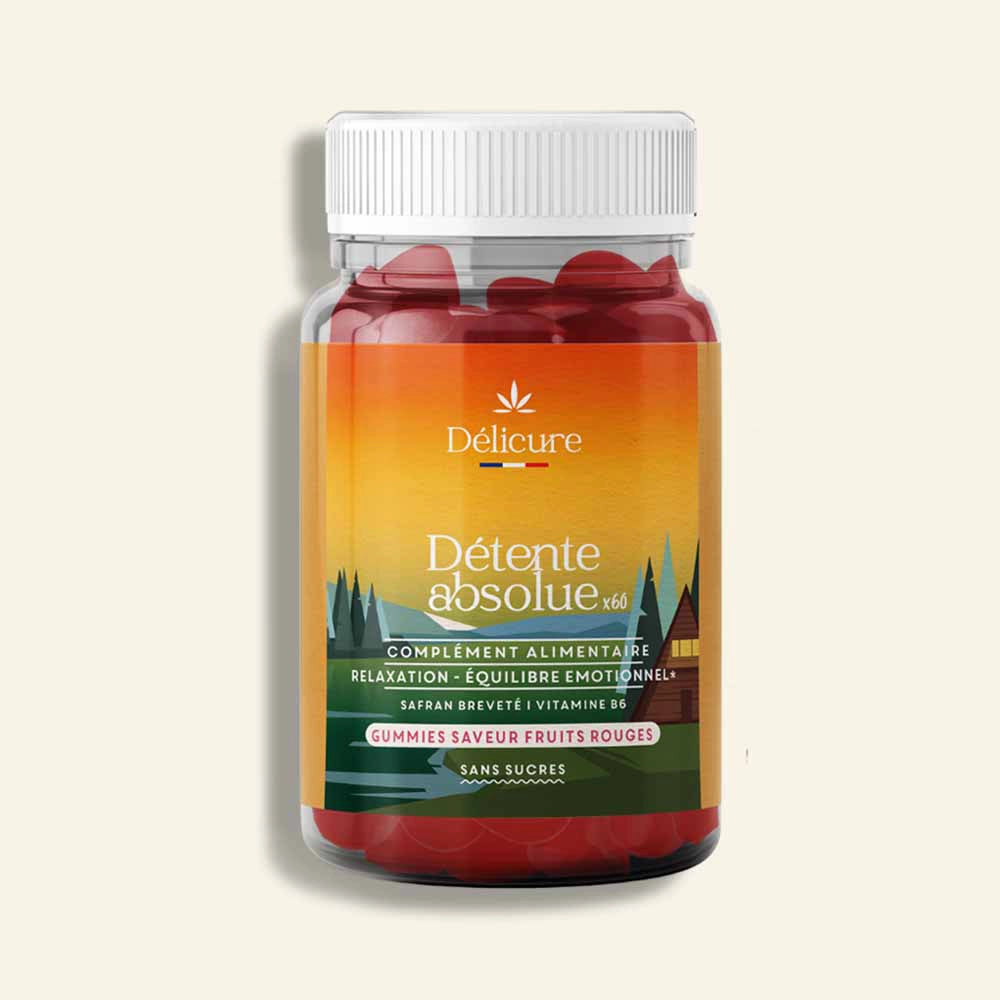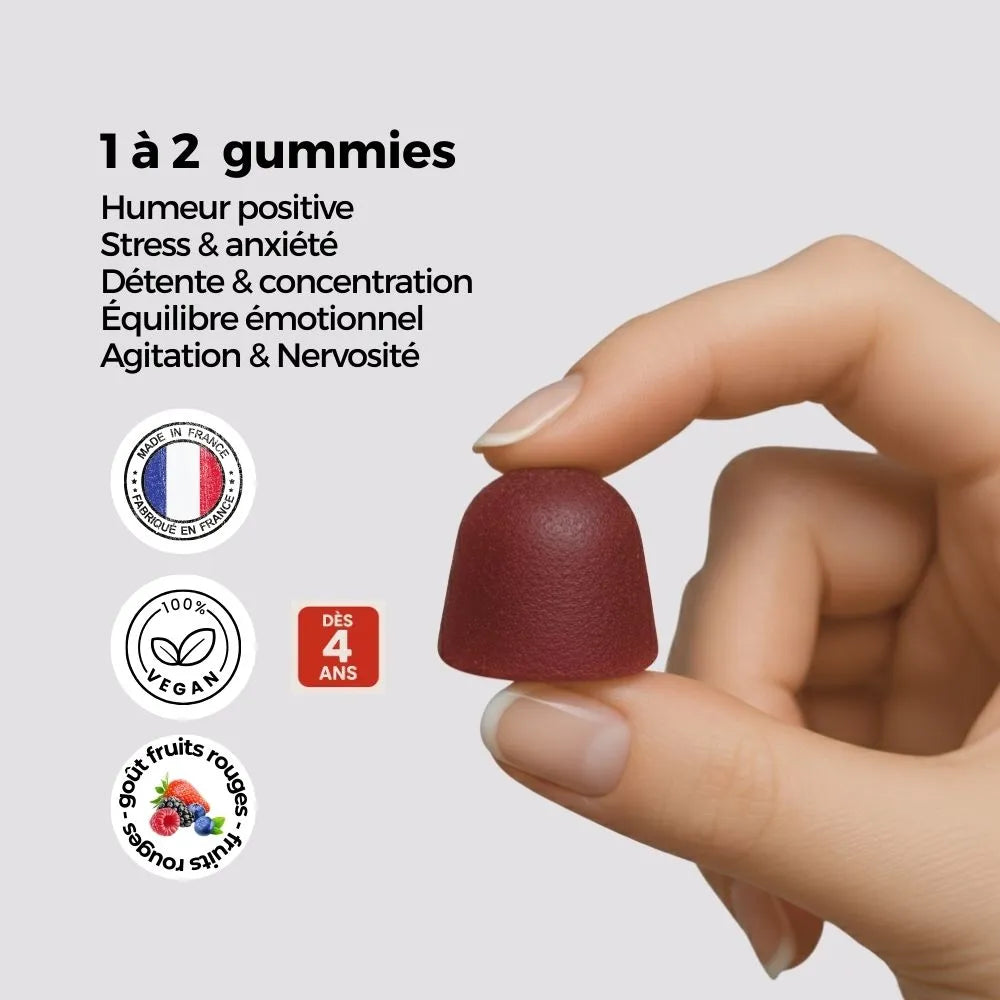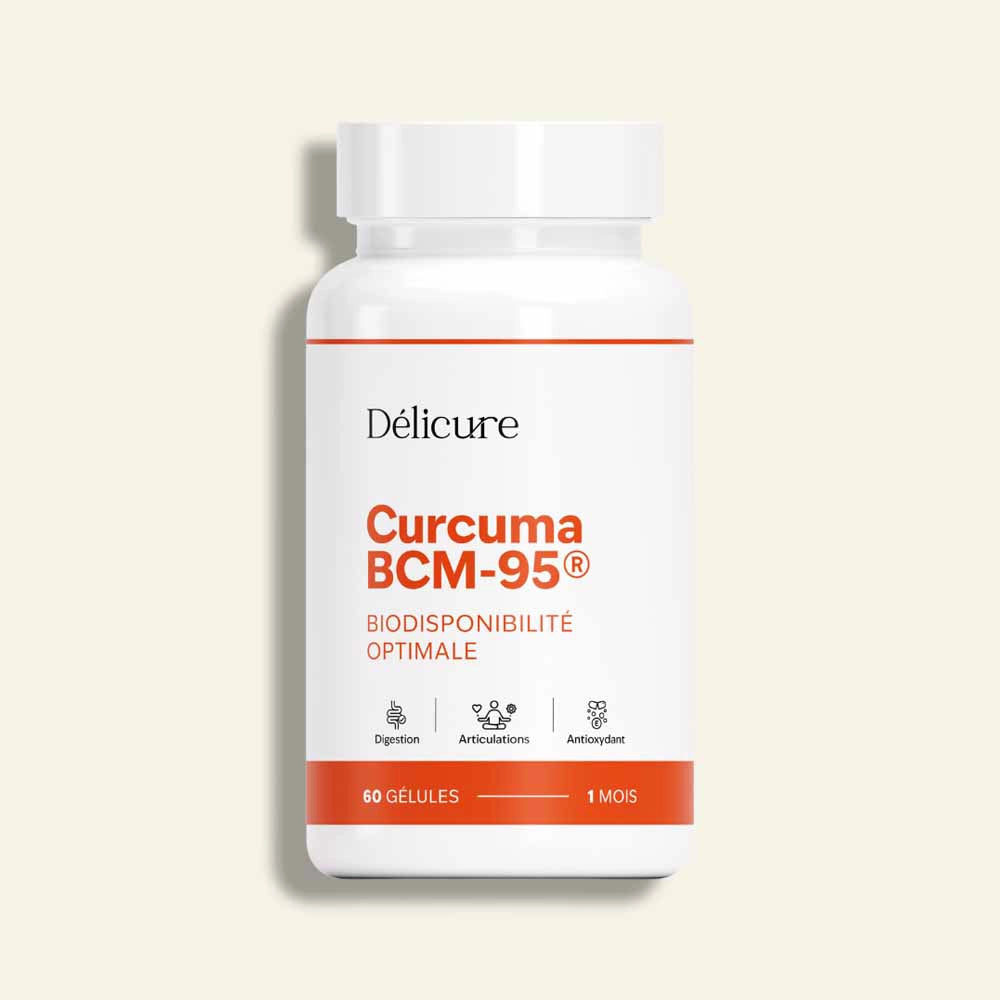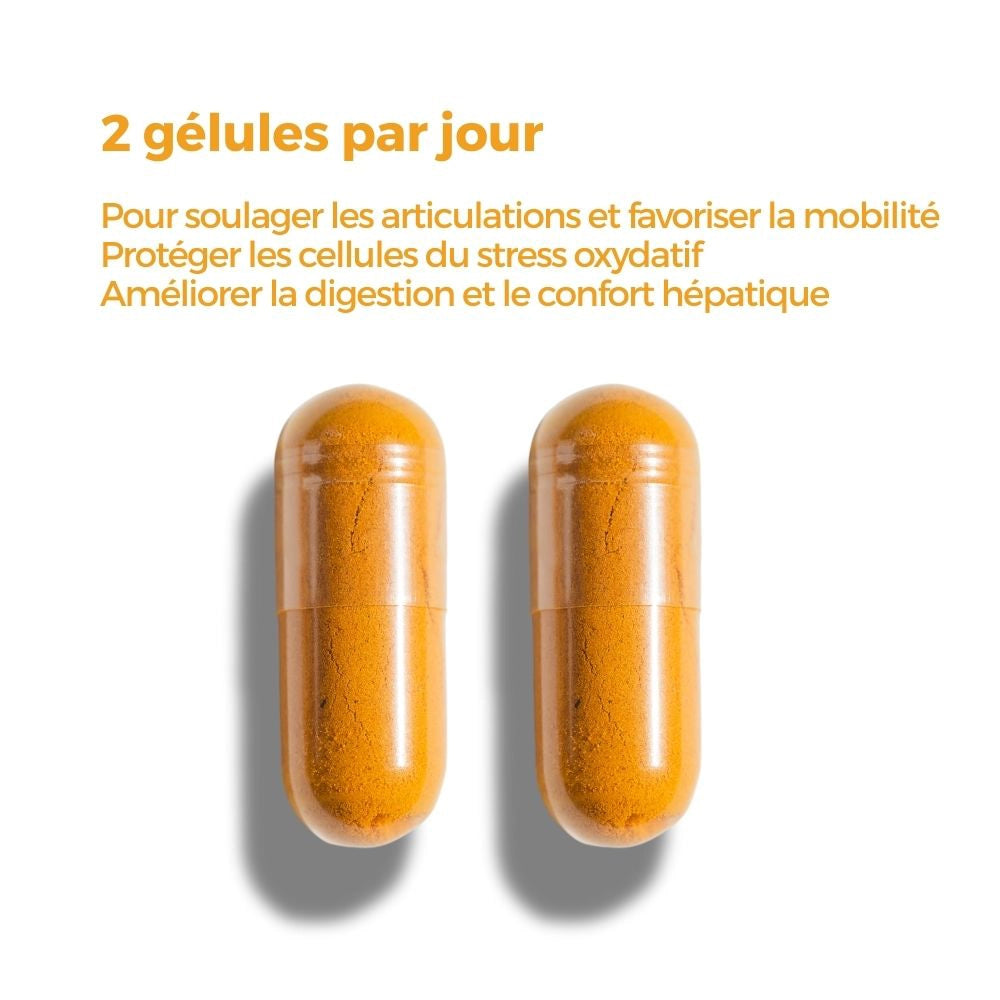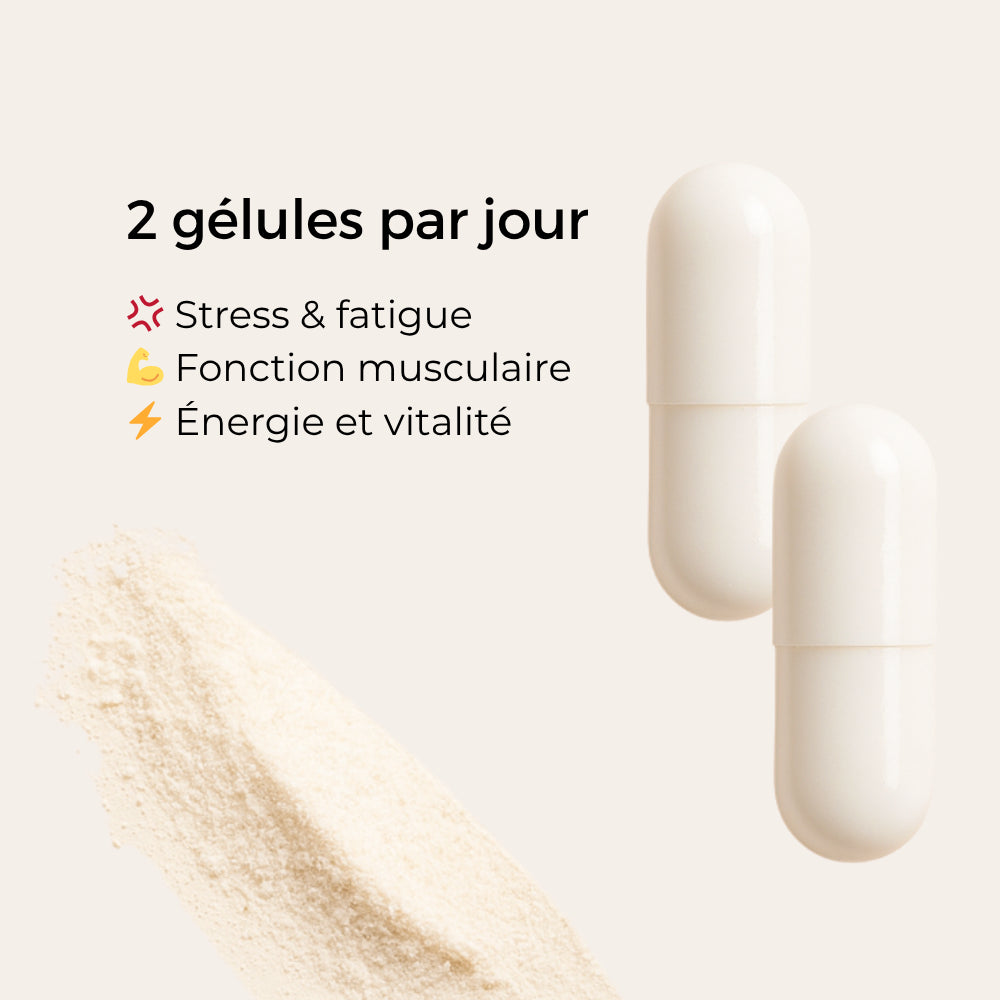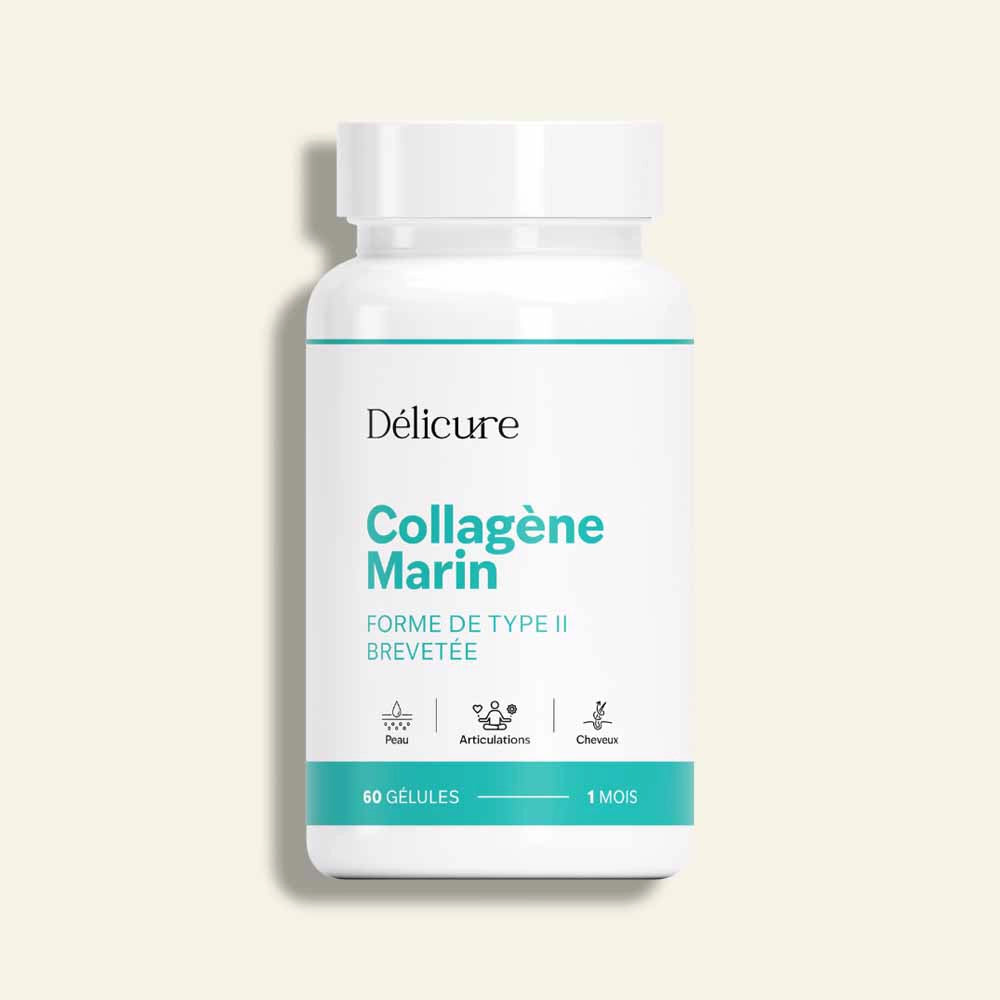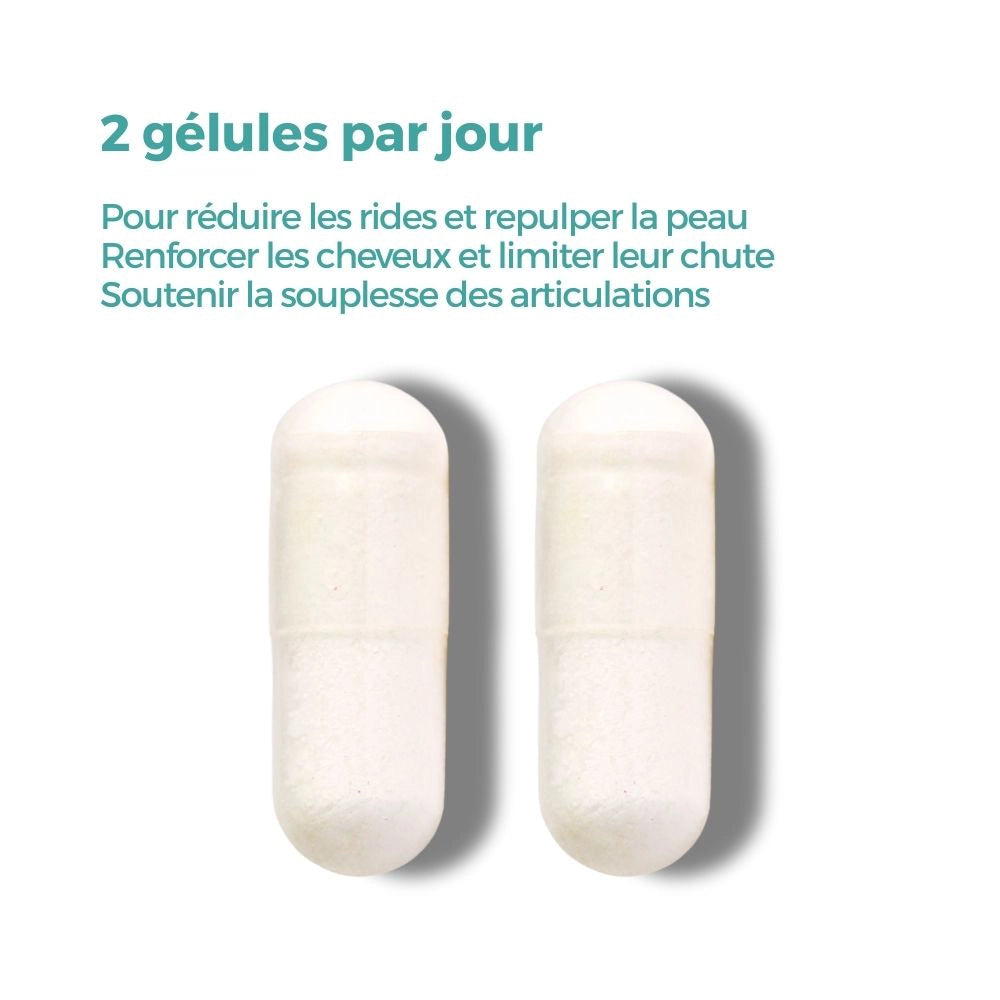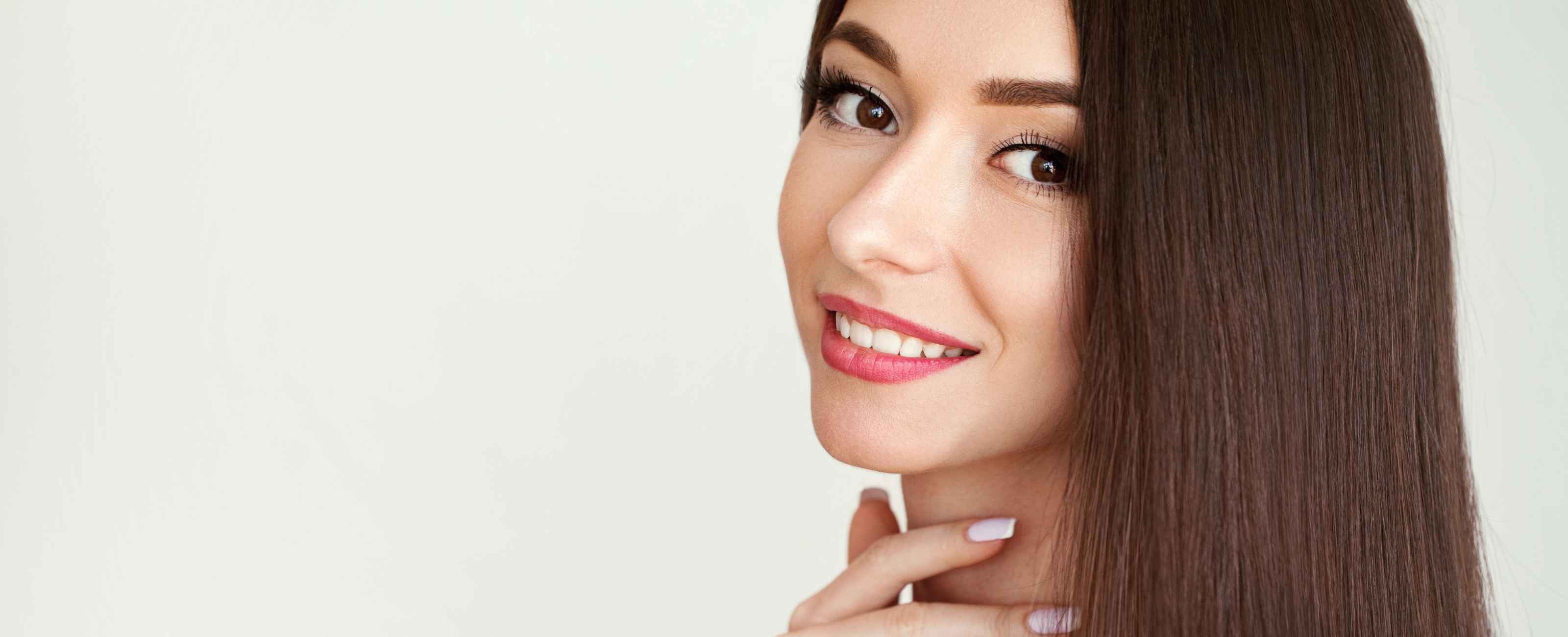
6 things to know about hair
Having beautiful hair is a universal symbol of beauty, seduction, strength, and health. It reflects our personality, feelings, and emotions.
However, hair does not only have an aesthetic role, it represents capillary protection against climatic events and preserves our brain as well as its vital functions.
First of all, it is essential to know your hair type (straight, wavy, curly, frizzy, kinky, etc.) as well as its condition (dry, normal, oily, etc.) to know how to choose the right care and styling products.
To learn more about our hair, here is some information as well as tips for having beautiful hair.

What is hair made of?
First of all, hair is an appendage ( protective epidermal formation like hairs and nails) composed of more than 90% keratin.
Keratin, a protein rich in sulfur and amino acids (methionine and cystine), is the fundamental constituent of the surface layer of the epidermis and appendages. Produced naturally by the body, it protects the hair fiber from external aggressions.
There are two parts to a hair: the root and the hair shaft.
Keratin is concentrated in the hair shaft. It plays an important role in the structure, strength, shine, and elasticity of the hair.
It is secreted at the root by cells called keratinocytes. These cells ensure hair growth by feeding on nutrients and oxygen supplied by the blood vessels and nerve endings located around the root.
To increase your keratin level naturally, simply eat foods that contain this protein such as vegetables (cabbage, broccoli, leek, onions, garlic, etc.), yogurt, fish or even milk.
Protein sources can help the body produce more keratin, including lean meats, poultry, fish, eggs (best source of cysteine), nuts, and beans.
How long does a hair last?
Hair is alive and has a natural life cycle (hair cycle) divided into 3 phases:
- The anagen phase: The period during which hair grows. It can last between two and seven years. On average, hair grows 1 mm every three days.
- The catagen phase: an involution phase that lasts two to three weeks. Hair no longer grows.
- The telogen phase: over three months, hair gradually falls out and is replaced by new hair.
This cycle can be repeated between 20 and 25 times.
During these three phases, it's essential to take care of your hair to maintain it and prevent breakage or hair loss. Treatments based on vegetable oils, vegetable butters, or even plants with numerous benefits can nourish hair, revive its color and shine, eliminate dandruff, and optimize its growth.

How much hair do we lose per day?
Healthy hair naturally loses between 60 and 100 hairs per day. It is therefore normal to find hair everywhere in your home (in the sheets, on the hairbrush, in the shower, etc.).
Depending on the time of year, hair loss may be more abundant, particularly during seasonal changes such as autumn.
It's important to know that the heat and sun of summer promote hair growth. After this phase of growth and maturity, some hairs reach the end of their life and therefore fall out in the fall.
Hormones also impact the hair's life cycle. After pregnancy or during menopause, many women experience varying degrees of hair loss.
In the event of excessive hair loss, there are some tips to incorporate into your daily life.
How many centimeters does hair grow per month?
On average, hair grows between 1 and 1.5 cm per month, or 12 cm per year. However, hair does not grow at the same speed for everyone depending on several factors (age, diet, general health, genetics, etc.). For example, Asian hair grows faster than European and African hair.
To have long hair, you need to be patient and follow a few tips to optimize hair growth and keep it healthy.
What does hair color depend on?
Hair color (brown, chestnut, blond, red, etc.), determined by genetics, depends particularly on the presence or absence of pigments called melanins (the same ones that give skin its color).
Melanins are produced by melanocytes at the root of the hair. These melanocytes spread their pigments within the hair shaft, and the hair becomes colored as it grows.
The more concentrated the amount of melanin, the darker the hair. When its production stops, the hair turns white.
Chemical hair dyes, whether done at home or at a hairdresser, are all the rage and cause considerable damage to hair. Their ingredients, such as ammonia, parabens, and heavy metals (lead, mercury, etc.), can sensitize and denature the hair fiber. It's best to opt for a plant-based color, such as henna, for example.
Are dietary supplements effective for hair care?
Throughout life, it's common to encounter hair problems: dry, brittle, dull, or even thinning hair. These imbalances are often linked to deficiencies in vitamins, minerals, or trace elements essential to the health of the scalp and hair fiber.
Hair supplements are a natural and affordable solution for nourishing hair from within. Rich in B vitamins, zinc, silica, and plant extracts, they promote growth, slow hair loss, and restore strength and shine to hair.
Among the most effective formulas, Délicure Hair & Nails capsules stand out for their 100% natural and ultra-dose composition based on stinging nettle, horsetail, and bamboo, three plants known for their rich silica content. These active ingredients help strengthen hair, stimulate growth, and strengthen nails. Made in France and vegan, they offer a complete beauty treatment to restore radiant and strong hair.
To maximize their effects, it is recommended to follow a three-month course of treatment, while adopting a balanced lifestyle and a diet rich in essential nutrients.


